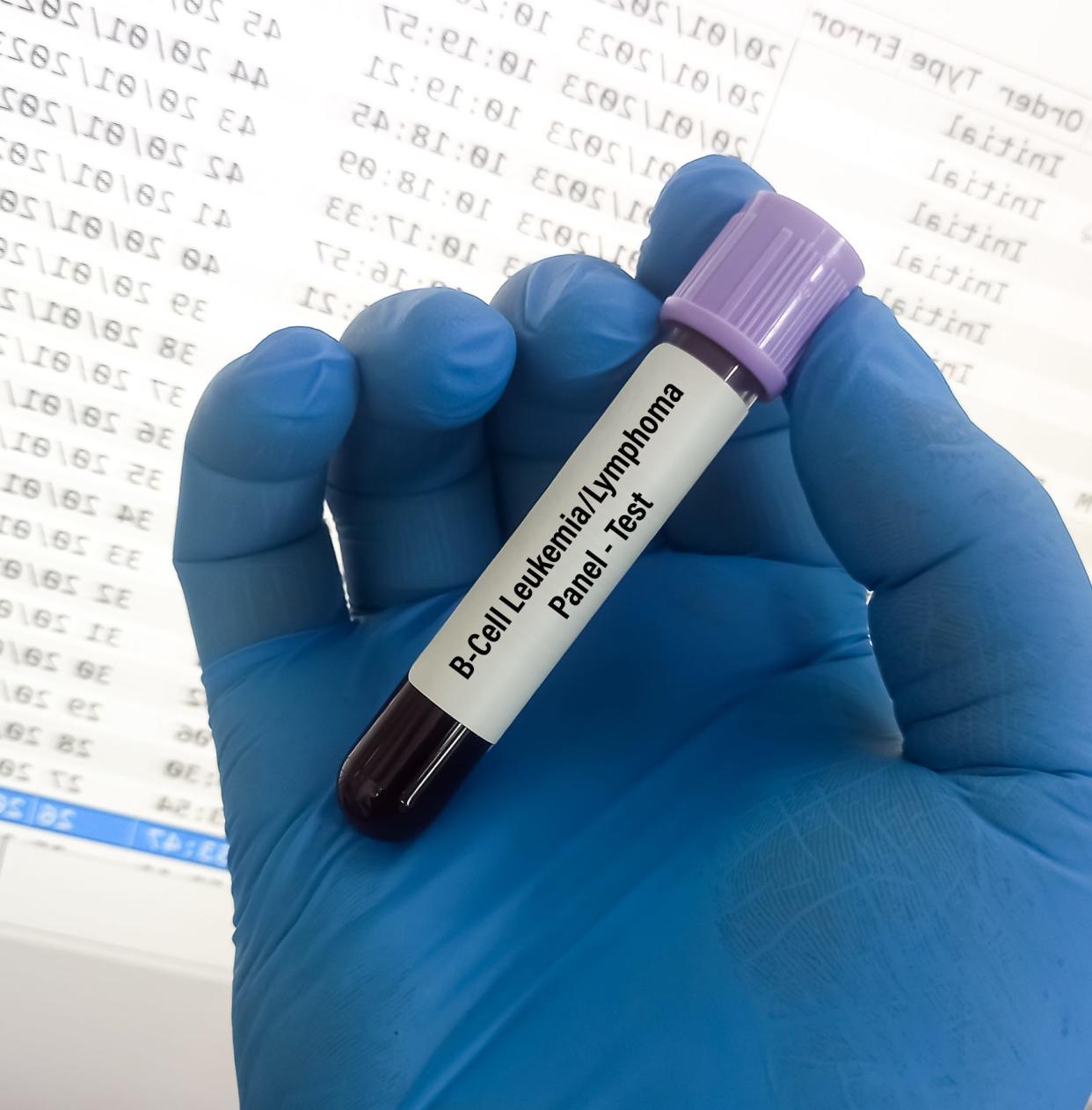Hammerling-Hodgers: Have a rash that won't go away? Don't self-treat, it could be serious

Nate, 55, a smoker, has seen three dermatologists for a rash that seems to be resistant to various treatments.
He has complained that he has had a chronic bumpy and painful rash with pustules localized to his right neck.
After he shaves in the morning, he feels his lymph nodes and noticed they are tender. He is getting frustrated going to different dermatologists with no answers over the past two years.
Various treatments and tests he has tried are oral antifungals, topical and oral antibiotics, topical steroids, lab work and multiple skin biopsies with no definitive answer.
After discontinuing all his prescription medications and over the counter treatments for one month, he agreed to redo another punch biopsy of his skin two years later. He was devastated when he received the latest results showing that he had cutaneous B-cell lymphoma.
Susan's previous columns:
New year, new you: Want to look your best in the New Year? Here's a guide to better skin
Look your best: Want healthy hair, skin, nails during the holidays? Follow these tips
Pay attention: The first step to helping those in abusive relationships is knowing the signs
The lesions of cutaneous B-cell lymphoma can present in various ways such as non-healing rash that resembles eczema, pimples or bites.
Unfortunately, nobody knows the exact cause of cutaneous B-cell lymphoma, but the good news is, it is not contagious or inherited by another family member.
Cutaneous B cell lymphoma is rare and only affects 4 out of every 1 million people, according to the Cleveland Clinic.
Cutaneous B-cell lymphoma can occur in all ages and is seen in both men and women of all races.
When Nate found out that his biopsy showed B-cell lymphoma, his health care provider sent him to a general surgeon and oncologist for a biopsy of the lymph nodes and further evaluation with a CT scan to see if the cancer had spread.
The results of the lymph node biopsy showed the cancer had spread, which is when radiation treatment and surgical removal was recommended.
Most of the time when patients experience an itchy rash they think the cause is an allergic reaction to a new food or product they are applying to the skin. However, sometimes the rash can indicate an underlying cancer.
Not only are there cutaneous B cell lymphomas, but there are cutaneous T cell lymphomas.
Mycosis fungiodes is a type of cutaneous T cell lymphoma which can mimic eczema for years and slowly evolves.
The lesions are commonly found on the lower body such as the lower trunk or buttocks.
According to the American Cancer Society, it says that rashes can appear as a flat patch, thick raised plaque, pimples or nodules on the skin.
Don’t give up and be discouraged. Make sure to listen to your body and be persistent. The diagnosis of cutaneous B-cell lymphoma or cutaneous T-cell lymphoma may require a team approach to come to a final diagnosis.
The medical team can include various specialists such as a dermatologist, pathologist, hematologist and/or oncologist.
Both cutaneous B-cell lymphoma and cutaneous T- cell lymphomas are rare types of cancer which starts in the skin.
Most cases are slow to grow and may not spread but some spread throughout the body without proper diagnosis or treatment.
Don’t procrastinate getting treated for a rash by using a friend or family member’s cream or pills.
When you apply various treatments without the guidance of a dermatologist, you may be masking the true diagnosis and can delay proper treatment.
If you notice a new lump or bump or unexplained rash on your skin, talk to your primary care provider or a dermatologist.
Susan Hammerling-Hodgers, a Member of the National Psoriasis Foundation, is a PA-C (Certified Physician Assistant) and MPAS (Master of Physician Assistant Studies) and works at Brevard Skin and Cancer at the Merritt Island, Titusville and Rockledge offices.
This article originally appeared on Florida Today: What is Cutaneous B-cell lymphoma? It's rare but can be treated

